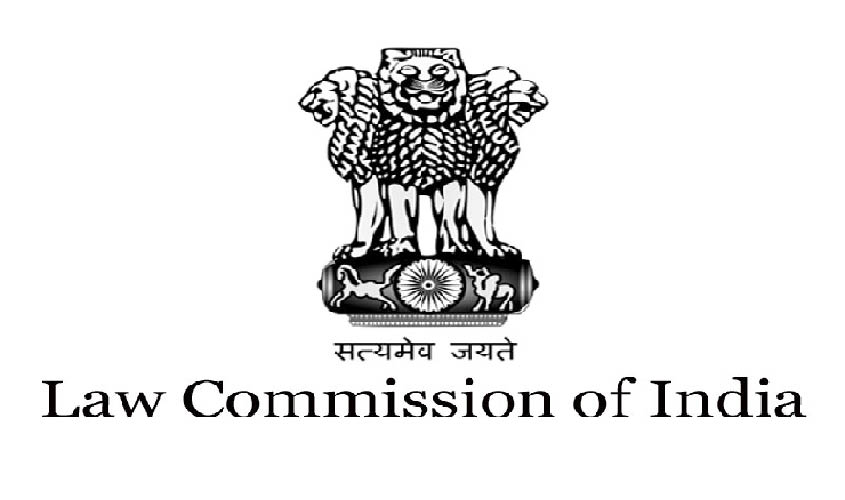Law Commission’s paper suggests inclusion of rights of illegitimate children and self-acquired property of a Hindu women.
The government has set in motion the process of family law reforms in India, introducing new “community property” concept, and suggesting changes on several issues like the rights of illegitimate children and self-acquired property of a Hindu female.
The Law Commission has floated a consultation paper on family law reforms, which discusses a range of provisions within all family laws, secular or personal, and suggests several amendments and fresh enactments.
The “community property” is a marital property regime under which most property acquired during the marriage (except for gift and inheritances), the community is owned jointly by both the spouses and is divided upon divorce or death. Such a concept is popular in US and other countries.
As general suggestions to reforming family law, the paper discusses the introduction of new grounds for “no fault” divorce accompanied by corresponding changes to provisions on alimony and maintenance, rights of differently-abled individuals within marriage, the thirty-day period for registration of marriages under the Special Marriage Act, uncertainty and inequality in age of consent for marriage, compulsory registration of marriage, bigamy upon conversion etc.
“Under Hindu law, there are problems with provisions like restitution of conjugal rights,” says the paper. It suggests the inclusion of concepts such as “community property” of a married couple, abolition of coparcenary, rights of illegitimate children etc. There are further suggestions for addressing self-acquired property of a Hindu female.
Under Muslim law, the paper discusses the reform in inheritance law through codification of Muslim law on inheritance, but ensuring that the codified law is gender just.
It also discusses the rights of a widow, and the changes application to general laws such as introduction of community of (self-acquired) property after marriage, inclusion of irretrievable breakdown of marriage as a ground for divorce.
Under the Parsi law, there are suggestions relating to protecting married women’s right to inherit property even if they marry outside their community.
However, since a number of these issues such as polygamy, nikah halala, settlement of a Parsi wife’s property for the benefit of children, as well as the law on adultery among others is presently sub-judice before the Supreme Court, they have been discussed in the paper but comprehensive changes on some of these issues have not been suggested at this stage.
The paper also suggests the expansion of the the Juvenile Justice (Care and Protection) Act, 2015, to make it into a robust secular law which can be accessed by individuals of all communities for adoption. There are suggestions for amending the guidelines for adoption and also a suggestion to alter the language of the Act to accommodate all gender identities.
The paper discusses lacunae within custody and guardianship laws, statutory or customary, and suggests that the “best interest of the child” has to remain the paramount consideration in deciding matters of custody regardless of any prevailing personal law in place.

